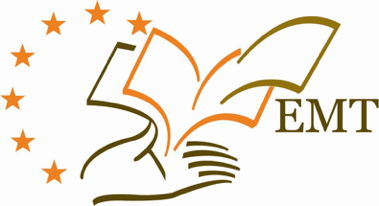About
Andrew Rothwell is Professor of French and Translation Studies. His main research interests are in French poetry of the 20th and 21st centuries with special reference to the visual arts, literary translation, translation technologies and translator training. He has published extensively on French literary modernism, especially Dada and Surrealism, including the work of Pierre Albert-Birot, André Breton, Blaise Cendrars, Robert Desnos, Max Jacob and Pierre Reverdy, as well as on contemporary poet and thinker Bernard Noël. He has also published English translations of poetry by Noël (including La Chute des temps / Timefall), Jacques Dupin, Jean-Michel Maulpoix and others, film-maker Bruno Dumont’s novels Humanity and Life of Jesus, and Emile Zola’s Thérése Raquin and La Joie de vivre / The Bright Side of Life (2018), both with Oxford World’s Classics. This last project was innovative in employing professional translation software, which has led to international presentations and publications in the very new field of Computer-Assisted Literary Translation (CALT).
He has accumulated almost 30 person-years’ experience as External Examiner for Master’s programmes in Translation in the UK and Ireland and examined numerous PhD dissertations on both translation and literary topics. He has acted as external consultant/validator for Translation programmes at several UK universities, as well as Universidad Autonoma de Nuevo Leon (Mexico) and the Arab Open University (Jordan). He is a Senior Fellow of the Higher Education Academy.


